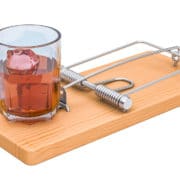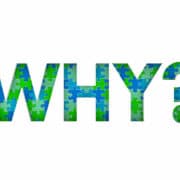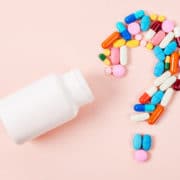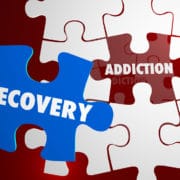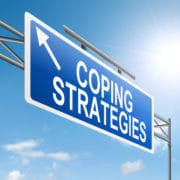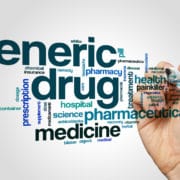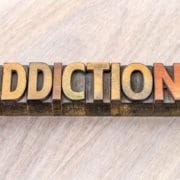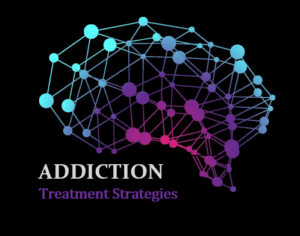Do Interventions Really Work?
Do Interventions Work?
Intervention and the concept of intervention are popular on television, but in regards to clinical outcomes, it’s not particularly effective. The concept is being in a position where a number of people can encourage or coerce an individual to seek treatment. That has something to do with the belief that willpower has something to do with an addiction. In reality, willpower has nothing to do with an addiction.
What we’d like to be able to do is get someone into treatment who is unwilling to get to treatment. At the current time that’s difficult because the laws have not changed since the Communal Health Act in 1963. We no longer have the legal authority to get someone into treatment against their will. So if you really want good, strong clinical outcomes it would be to put people who have an addiction in treatment for a minimum of six to eight months, not residential treatment, but an outpatient treatment. This will put them in the position so they will have the cognitive skills to know they are disturbed or have an addiction because it may take a six-month program to get their attention.
By the very definition of addiction, being a chronic relapsing disease in which the structure and function of the brain have changed, it is the prefrontal cortex where people make a rational cognitive. The prefrontal cortex has been damaged at this point, they’re not able to think rationally. The power of the drug causes an impulsion and craving to use and the prefrontal cortex, in terms of willpower, isn’t even considered anymore.
Legal Processes Need to Change
We have to be in a position where we can save people’s lives virtually against their will. The only way it’s really going to be effective would not be intervention, but rather being in the position to mandate someone to get some sort of clinical help against their will and ATS thinks that’s really where the change needs to take place, on a legal process.
Learn more about treating addiction here. Contact us at (618) 692-6880


